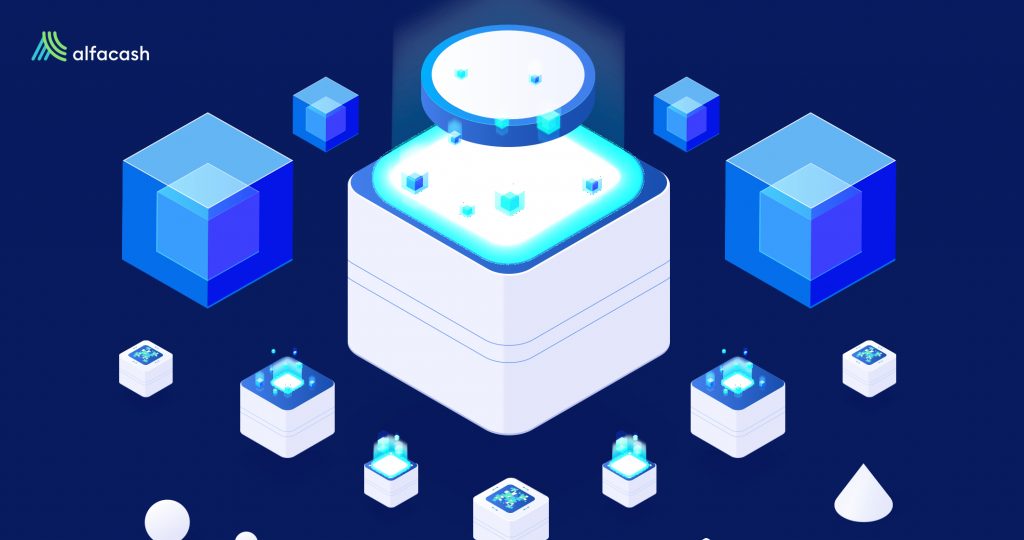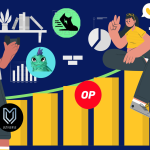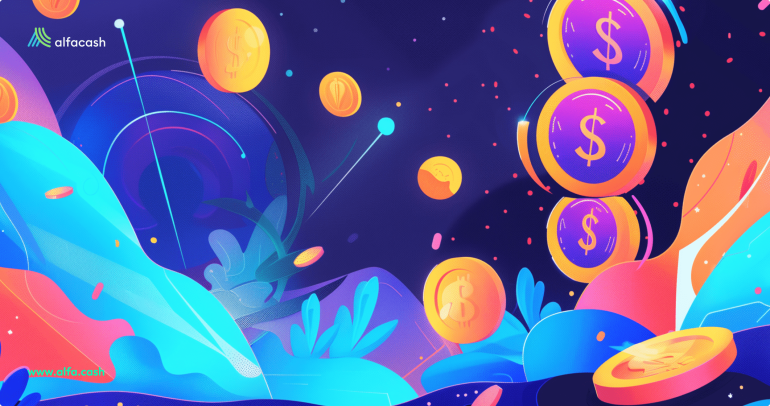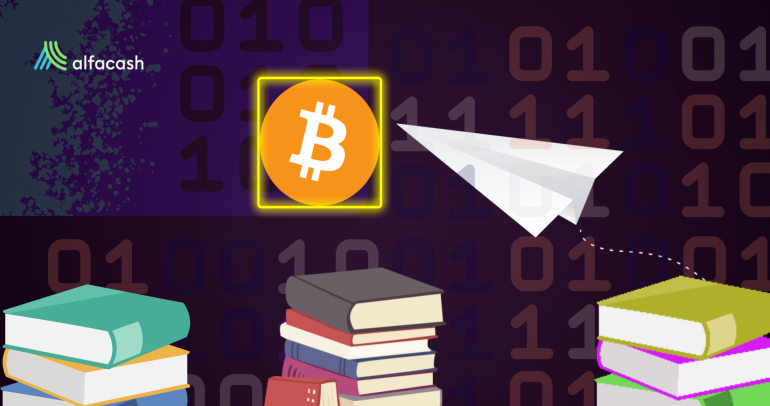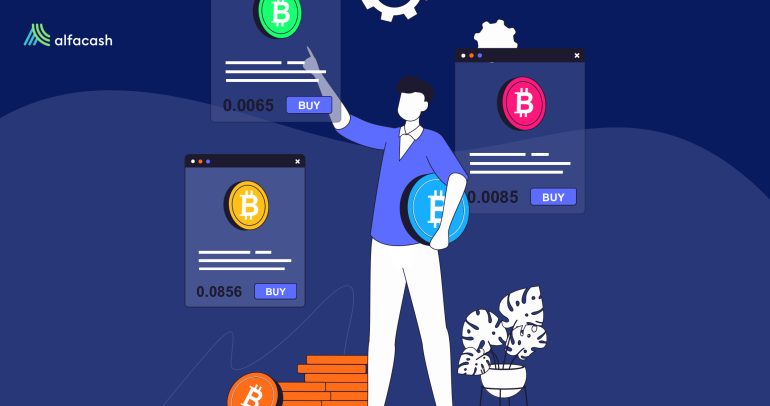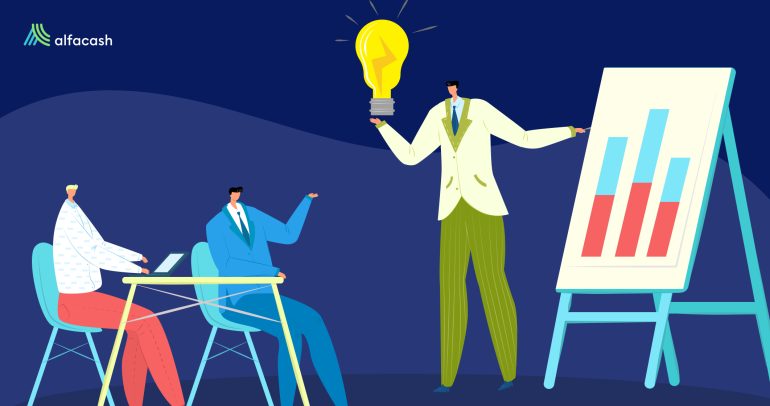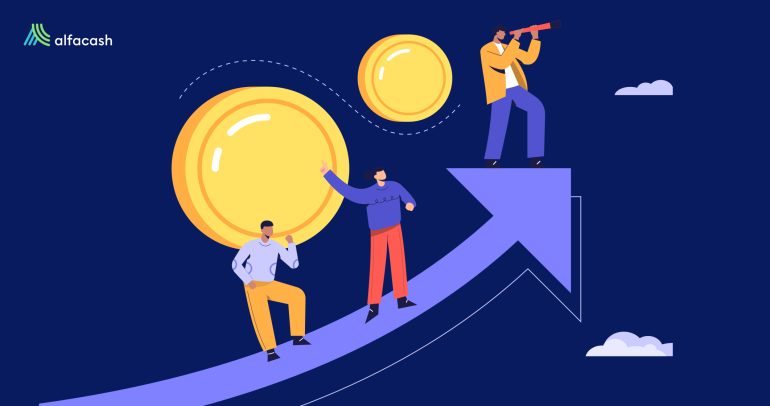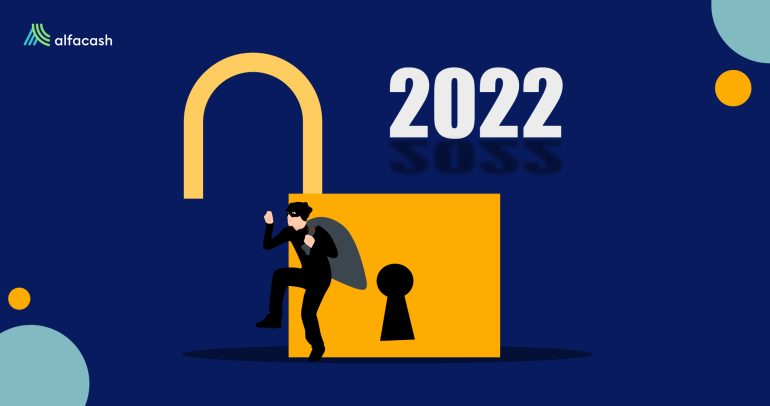As you know, blockchain networks store data decentrally, which means that any individual entity cannot modify the data contained in them. But, blockchain networks can only access data collected within the same network. For several use cases, smart contracts need access to information from the outside world related to contractual agreements to know what to do, so they must turn to blockchain oracles.
Oracles in μπλοκ αλυσίδας validate physical world events and send information to smart contracts to trigger state changes on the blockchain. Also, blockchain oracles help networks interact with and understand data from the off-chain world.
What are the Blockchain Oracles?
Blockchain oracles are a bridge between the crypto world and the physical world. It is a tool that allows taking full advantage of blockchain technology. Also, the oracles in blockchain provide the Web 3.0 ecosystem with a way to connect to legacy systems, data sources, and advanced computation.
Decentralized Oracle Networks (DON) make it possible to implement hybrid έξυπνες συμβάσεις. These smart contracts combine off-chain infrastructure and on-chain code to provide complex αποκεντρωμένη applications (DApps). Thus, the DApps react to physical world events and interact with traditional systems.

It may sound hard to understand. Still, we can say that blockchain oracles are commands that communicate how a smart contract should work based on physical world events.
Let’s imagine Anne and Brett signing a smart contract on the blockchain to place a bet on each of their favorite soccer teams. Anne bets $60 on team A and Brett bets $60 on team B. The match ends successfully, and Anne is the bet winner.
For the smart contract to know to release the $120 in Anne’s wallet, it needs to know the results of the match. Unfortunately, the score is not on the blockchain. So, they need a bridge (the oracle) to translate the results and send the information to the smart contract.
The blockchain oracle problem
The Oracle problem is related to the main feature of blockchains. As we said, no blockchain has built-in functionality that can extract or send data to any external system.
Blockchains are isolated networks and work like a computer without an internet connection. This isolation makes the blockchain secure and trustworthy. Therefore, the network only needs to reach a consensus on an elementary set of binary (true/false) questions using data already stored within its ledger.
You may have heard that smart contracts are deterministic, meaning they execute their actions precisely as programmed, with greater certainty than traditional systems. To achieve this, the binary questions for consensus are very restricted, such as:
-The public key holder signed the transaction with his private key?
-Does the public address have sufficient funds to cover the transaction?
-The transaction type is valid within the particular smart contract?
However, these questions are very restricted, so smart contracts must connect to the outside world to perform most of the actions required by their use cases. Blockchain oracles are the additional infrastructure that smart contracts use to link with the outside world.
Characteristics of blockchain oracles
Among the main characteristics of blockchain oracles we find connectivity and privacy.
Connectivity. Oracles connect smart contracts with off-chain data providers, web APIs, IoT, payment systems, enterprise backends, and other blockchains.
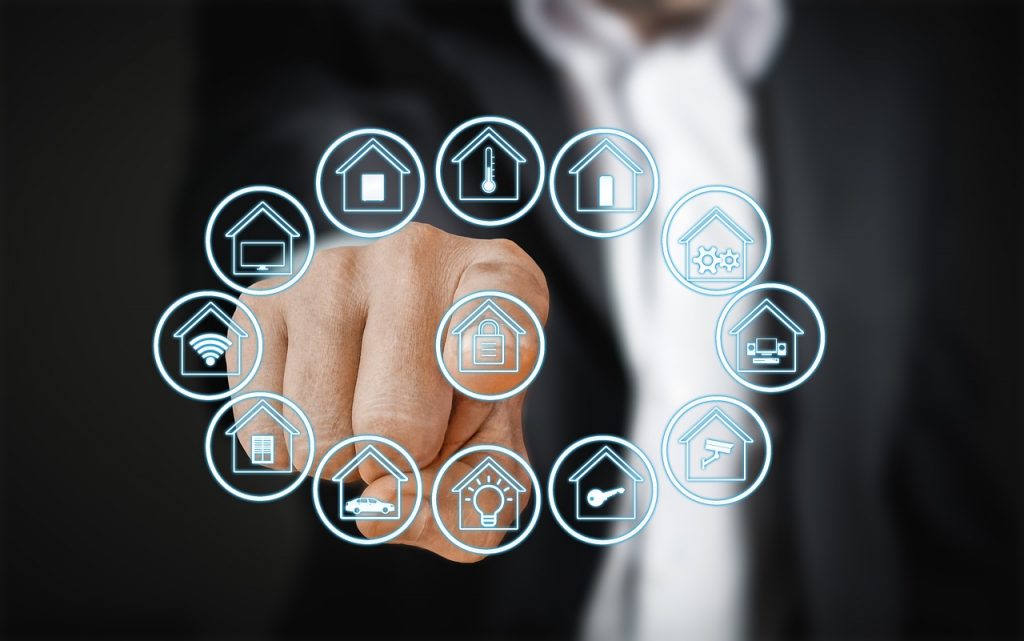
Μυστικότητα. The oracles use a function that mixes the information collected from the physical world before including it in the blockchain. Thus, the identity of users is kept safe.
Two significant use cases for oracles are Augur and ChainLink (LINK). Augur is a decentralized prediction market platform developed in 2014. Augur, governed by a Decentralized Autonomous Organization (DAO), allows betting on crypto, MLB, MMA, and NFL.
Furthermore, ChainLink offers a decentralized oracle service that rewards network users while connecting smart contracts with fiscal-world data. ChainLink enables bank or retail payments like Visa and PayPal, market data (NYSE and Bloomberg), and backend systems (SalesForce and SAP).
Types and use cases of blockchain oracles
In addition to various uses, blockchain oracles have different types: software, hardware, incoming and outgoing, and consensus.
Λογισμικό
Software oracles are the ones that manage information available online. These types of oracles extract and order information that can be product prices, match results, temperature, flight schedules, etc. The data collected by the oracle is sent to the smart contract so that it can perform the programmed actions.
Σκεύη, εξαρτήματα
Some blockchain oracles need real-world information and turn to hardware oracles, which can track physical world objects. The best use of this type of oracle is in supply chains since they trace the route of a truck, plane, or ship, among others.
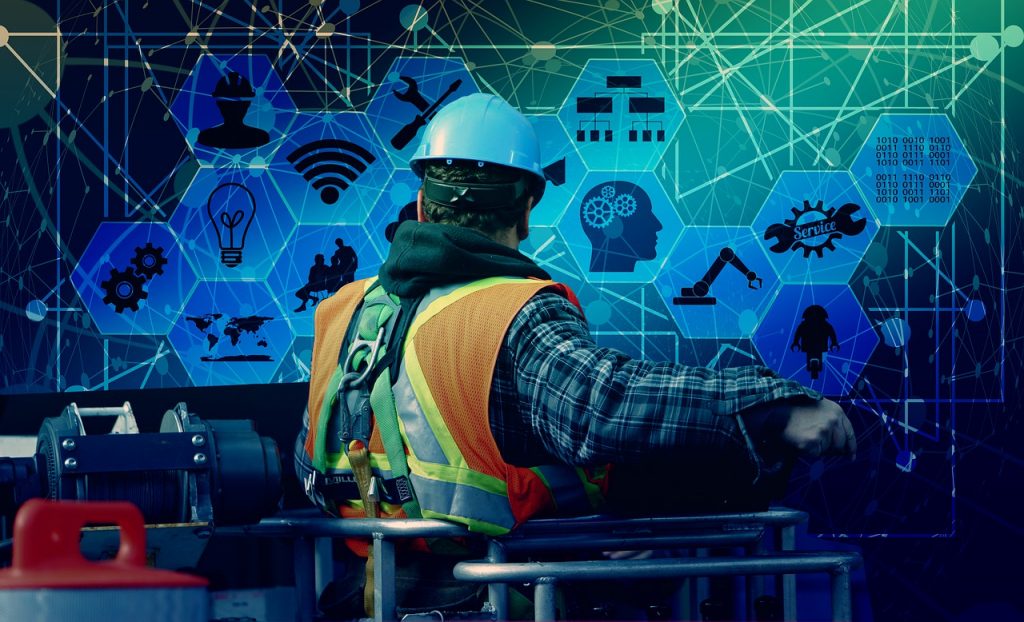
Additionally, Hardware oracles use IoT sensors, RFID, or barcode readers to collect information for the blockchain.
Incoming and Outgoing
The incoming oracles provide information outside the blockchain or smart contract. So, its principal users are companies that automate actions derived from data entry.
On the other hand, outgoing oracles allow the network to send data to the physical world. One of its uses would be in the field of smart homes. For example, they would allow a user to be authorized to enter only after having verified her identity by employing her cryptographic signature or private key.
Consensus
Besides, consensus blockchain oracles collect information from various sources to ensure that the data is trustworthy and not manipulated. In this way, one use case where these oracles fit perfectly is monitoring the financial markets.
The risk of oracles in blockchain
Although oracles work with blockchain networks that are primarily decentralized, the truth is that they are pieces of infrastructure under centralized control. Thus, users who trust oracles take the information provided by an entity as accurate. And unfortunately, that information can be corrupted or manipulated.
Decentralized oracles exist to overcome the risk of centralization. They are a type of oracle that takes information from multiple oracles and only takes data that the majority agrees on as truthful.
Wanna trade Bitcoin, Ethereum, and other tokens? You can do it με ασφάλεια σε AlfacashΚαι μην ξεχνάτε ότι μιλάμε για αυτό και για πολλά άλλα πράγματα στα μέσα κοινωνικής δικτύωσης.
Τηλεγράφημα * Facebook * Ίνσταγκραμ * YouTube *Κελάδημα
